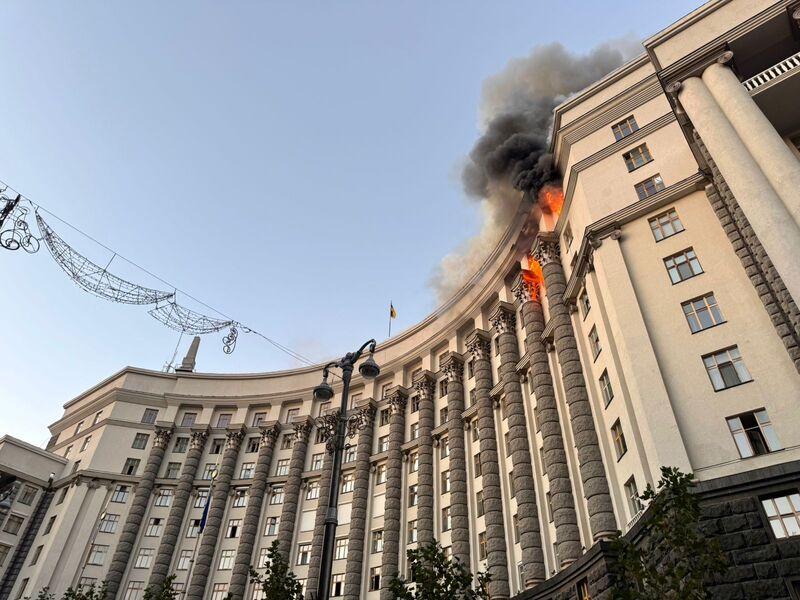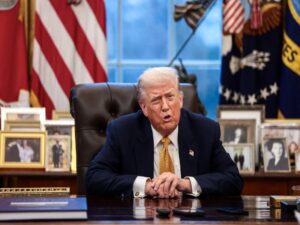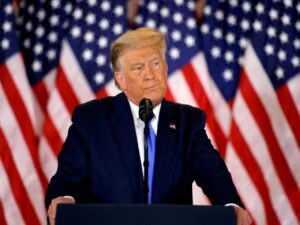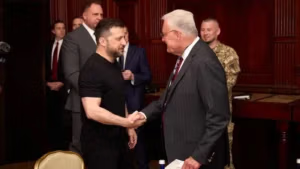The United States signaled it is preparing a new round of sanctions on Russia after Moscow carried out its most extensive air assault on Ukraine since the war began. President Donald Trump said on Sunday that Washington is “ready for phase two,” a remark that points to deeper economic pressure on Moscow as the conflict intensifies.
The overnight barrage struck multiple Ukrainian cities with hundreds of drones and missiles. Kyiv reported one of the heaviest bombardments to date, with the main government building in the capital damaged for the first time. At least four people were killed and dozens were injured. Ukrainian President Volodymyr Zelensky called the strikes a deliberate attack on state institutions and urged allies to respond with tougher sanctions.
Trump’s comments mark the clearest indication yet that his administration is weighing stronger punitive steps. While he did not provide details, U.S. Treasury Secretary Scott Bessent has already suggested that the next phase could involve secondary measures—such as tariffs or restrictions on countries that continue to purchase Russian oil. Such a move would extend the reach of sanctions beyond Western capitals, testing the resolve of energy importers in Asia and the Middle East.
Analysts say expanded sanctions could hit Russia’s revenue streams at a critical moment. Moscow has relied heavily on energy exports to sustain its war effort, even as Western embargoes have narrowed access to European markets. Targeting buyers in other regions would represent a significant escalation, potentially reshaping global energy trade and pushing prices higher.
For Europe and the U.S., the calculus goes beyond economics. Coordinated sanctions would reinforce Western unity, but they also risk straining ties with countries unwilling to cut Russian supplies. The outcome could influence not only battlefield dynamics in Ukraine but also the stability of global commodity markets.
As the conflict enters a volatile phase, the U.S. approach suggests sanctions will remain a central tool of policy. Whether phase two succeeds will depend on how widely it is enforced—and how the world adjusts to the consequences.






